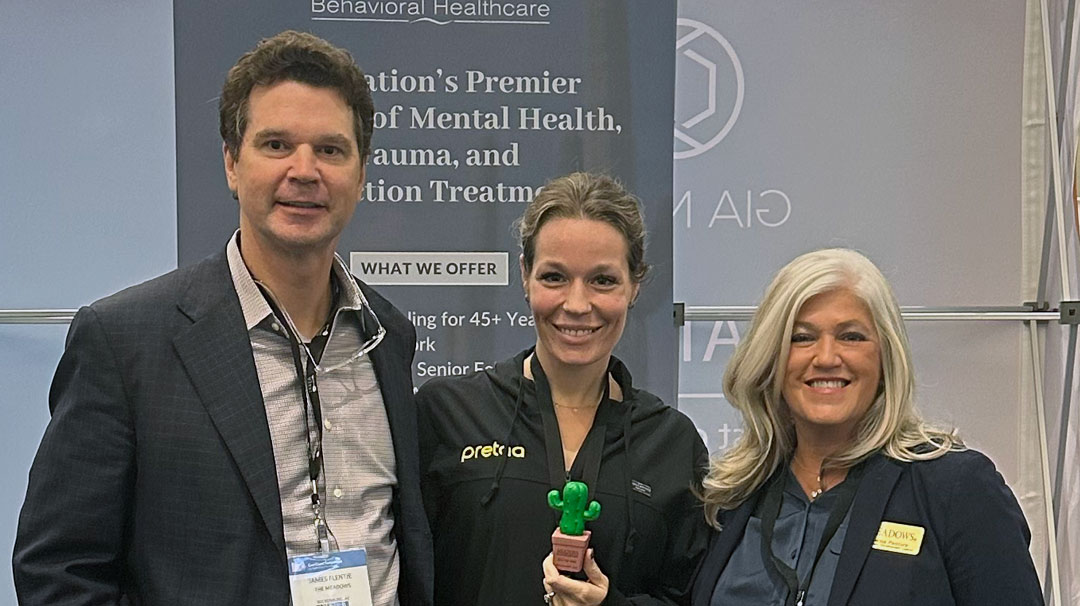At last week’s East Coast Symposium on Addictive Disorders in Ponte Vedra Beach, Florida, attendees had the opportunity to dive deep into some of the most pressing issues facing our field today. Eliza Foltz attended, representing Pretaa, and was able to catch up with familiar colleagues as well as meet new leaders in the space. She also found ECSAD to be a pivotal venue for exchanging innovative ideas and solidifying the space’s commitment to best practices.
One key session explored the ethical boundaries in marketing for addiction services. We’re all aware of the fine line we tread here: reaching out to those in need while avoiding the pitfalls of over-promising or misrepresentation. The discourse provided concrete strategies for ensuring that our marketing efforts remain ethical and patient-centered and we are hopeful that these tactics mentioned remain more than just suggestions, truly becoming the universal standard for all operators in the treatment space.
The specialized needs of adolescents in recovery were also front and center. We delved into tailored approaches that address the unique psychological, social, and biological factors at play for this demographic. It’s clear that a one-size-fits-all method falls short for adolescents, and the symposium brought to light novel interventions that are showing promise.
A critical discussion on Adverse Childhood Experiences (ACEs) connected childhood trauma with later-life addiction, reinforcing the importance of early intervention and the need for robust, trauma-informed care protocols within our treatment programs.
Networking with peers was as rewarding as it was insightful. Reconnecting with fellow professionals, we exchanged updates and progress in the field, which is essential for collaborative growth.
Eliza also had the chance to showcase Pretaa, the latest promising venture in outcome-focused treatment. The response was unequivocal: There’s a hunger for tools that not only promise but deliver measurable improvements in patient care. Pretaa is set to redefine how we understand and engage with treatment outcomes, and it was thrilling to see it resonate with so many at the symposium.
In sum, the event was a resounding affirmation of our shared goals: to refine, improve, and ethically advance the treatment of addiction. It’s clear that we’re on the brink of a new era in addiction medicine, and gatherings like these are crucial in shaping its direction.

